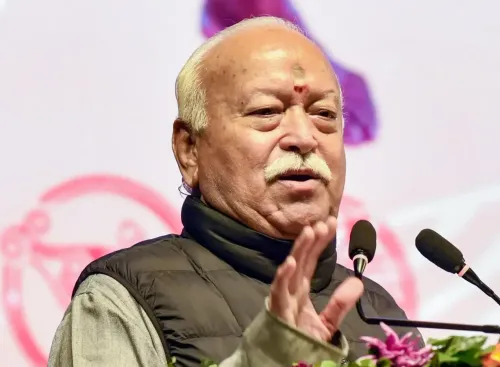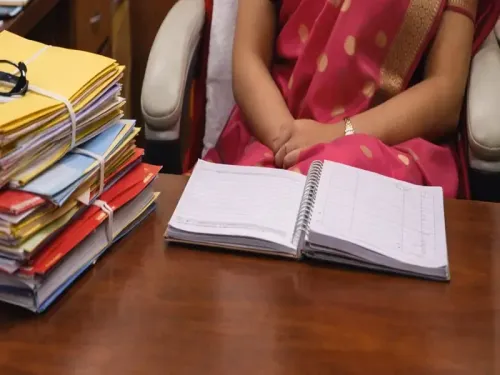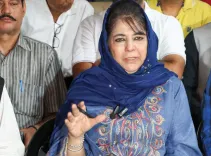Is the 2006 Mumbai Train Blast Verdict Really Unfortunate?

Synopsis
Key Takeaways
- High Court acquits all 12 men involved in the 2006 Mumbai train blasts.
- Political leaders express strong reactions, highlighting concerns over justice.
- AIMIM celebrates the verdict as a win for truth.
- The attack resulted in 189 deaths and over 800 injuries.
- The ruling raises questions about the effectiveness of investigations.
Mumbai, July 21 (NationPress) The Bombay High Court's ruling to acquit all 12 individuals found guilty in the 2006 Mumbai train blasts has sparked intense political responses on Monday.
Shiv Sena spokesperson Sanjay Nirupam described the ruling as “very unfortunate”, questioning the consequences of such an acquittal.
“This verdict is unacceptable. Almost 180 lives were lost in this well-orchestrated conspiracy. The police conducted investigations, arrests were made, and the lower court handed down sentences, including death penalties. If the High Court now claims that none were responsible, then who is to blame? Are we moving towards a scenario reminiscent of the 'No one killed Jessica Lal' case?” Nirupam expressed.
BJP leader Kirit Somaiya shared similar concerns, labeling the High Court's decision as “deeply disappointing and shocking.”
“There were significant flaws in the investigation and prosecution's legal approach. I have urged Chief Minister Devendra Fadnavis to form a team of legal experts to review the judgment and challenge it in the Supreme Court. The actual perpetrators must not evade justice,” he stated.
On the other hand, AIMIM leader Waris Pathan praised the ruling, calling it a rare but powerful instance of truth triumphing after years of injustice.
“This judgment is highly welcomed. Twelve innocent individuals have finally been acquitted after enduring 17-18 years in prison. Some lost parents, some lost their youth, and families were torn apart. Who will compensate for those lost years? Will it be the government? Will the ATS be held responsible?” Pathan added.
He condemned the misuse of stringent laws like the Maharashtra Control of Organised Crime Act (MCOCA) and the Unlawful Activities (Prevention) Act (UAPA), claiming they were improperly applied against minorities.
“Lives were ruined based on mere suspicion. Justice delayed is justice denied. The previous court's ruling was severely flawed, and that’s why it couldn’t withstand scrutiny in the High Court,” he commented.
The 2006 serial blasts — one of the most devastating terror attacks on Mumbai’s critical transport system — resulted in 189 fatalities and over 800 injuries. In a span of just 11 minutes, seven pressure cooker bombs packed with RDX and ammonium nitrate detonated in first-class compartments of crowded local trains between Churchgate and Borivali.
A special court had convicted 12 out of the 13 accused in 2015, handing down death penalties to five and life sentences to the others. However, on Monday, a bench led by Justice Anil Kilor and Justice S. Chandak overturned all convictions, citing insufficient evidence, and ordered the immediate release of the 12 men.
The High Court’s ruling represents a significant setback for the Anti-Terrorism Squad (ATS), which had leveled charges under MCOCA and UAPA in 2006. The court's acquittal effectively negates years of investigation and legal efforts that were previously regarded as a major achievement in dismantling a terror plot believed to be supported by militants from Pakistan.
Of the 13 men initially charged, one had already been acquitted by the special court. The remaining 12, including the five sentenced to death, are now set to regain their freedom after spending nearly two decades in incarceration.










